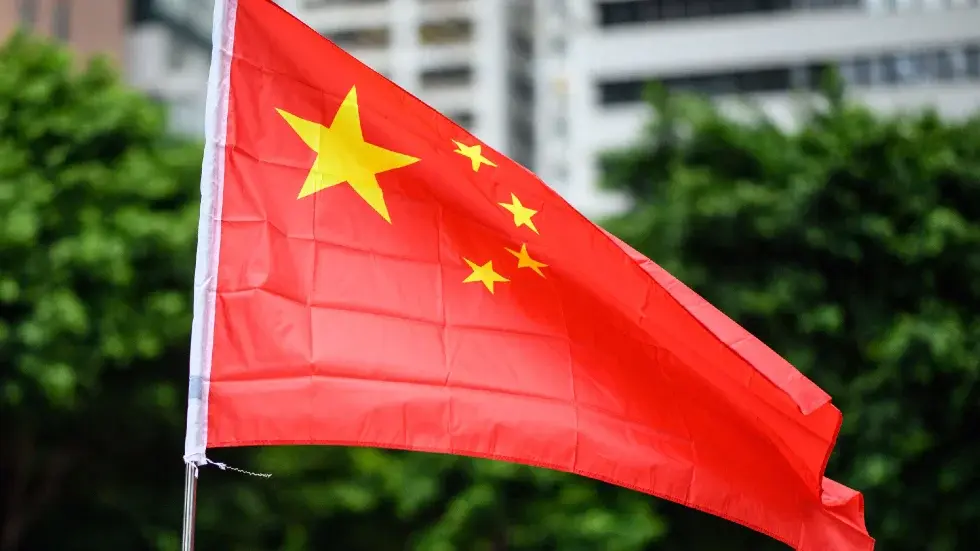This is something I occasionally come across in Western media and also heard IRL from a Chinese émigré (very lib and hates China, so I take whatever they say about the country with a grain of salt) - that the Chinese internet (and by extension, society, though probably less visibly) has a problem with widespread chauvinism and racism, against black people and ethnic minorities in China in particular, and other things such as wishing genocide on the people of Taiwan (???) or Japanese people.
Now, I’m sure China has its fair share of fascists and generic reactionary nutjobs, but I’m wondering just how bad it is. Most studies/articles come from Western institutions, so I don’t know how to feel about those.
I’m curious what studies there are in China about this, how widely discussed this is (i.e. have these sorts of internet trends ever gotten the same level of awareness that 4chan and the alt-right got in the West? What was the reaction? Is the CPC doing anything about it?), and what direction is this going in, e.g. looking back 10-20 years, has this improved or gotten worse?


There are more than 1.4 billion Chinese people, there are 1.092 billion netizens as of 2023. Weibo (Chinese social media platform similar to X/Twitter) alone has 255 million daily active users and 588 monthly active users, that’s about the same as X/Twitter but the latter has users from all around the world. Once we have that scale in mind, we can discuss the prevalence of specific opinions online. I will keep my discussion to Weibo as I use it more often than other platforms.
You can see all kinds of opinions on Weibo as long as they do not contain sensitive words, here’s a partial list based on what I’ve seen:
The list goes on and on.
If you see a certain opinion online very often (subjectively), does that mean that many (remember 1.4 billion) people in real life share that same opinion? More importantly, if some people do indeed share a certain opinion, are they going to act accordingly to that opinion, or is it just something they say now but act differently when the situation arises? I wouldn’t trust any study about the prevalence of any online opinion unless the sample size is at least in the hundreds of thousands to a few million.
According to patriots today, the online environment for patriots and those who are pro-China and pro-CPC in the early 2000s up until a decade ago was nasty, that tells me that certain “intellectuals” (公知) are very outspoken and anti-China back in the day. Nowadays they keep a lower profile due to the positive change in online environment, but you can still find them around.
Forgot to explain the “wishing genocide on the people of Taiwan or Japanese people”: The online opinion of Taiwan is that most people there are in favour of “Taiwan independence”, thus the slogan 留岛不留人 (keep the island and not the people, which basically means “genocide”) is popular among some people. I personally hope that peaceful reunification rather than non-peaceful reunification happens, I am also against this particular slogan.
As for Japan, keep in mind that China sustained at least 35 million casualties due to Japanese invasion, and the Japanese government remains unapologetic to this day. Japan is seen as a lapdog of the US like the ROK. I will not wish “genocide” upon the Japanese people, but if anyone does not understand the rage and hate some of our fellow countrymen have against the Japanese, I will show no respect to that person.
What I really want to say is, if the majority of Chinese people are even the tiniest bit reactionary, the world today would be much worse than it is currently.
People need to remember that the scale of China means you can find pretty much any thing you can possibly think of.
Thanks, this is informative. I guess this is just another case of westerners cherry-picking data and blowing it out of proportion, because from what you’re saying, this sounds just like what one would expect to find in online communities in any other country.
It’s a bit disappointing to see takes such as 留岛不留人 are common enough to have their own slogans that are known even to people outside the circles who don’t support this (anecdotal, but that Chinese émigré I mentioned in the post also referred to this slogan). For the Japan part, I’m not surprised - I’ve heard casual calls for genocide by people of some countries against other countries for far smaller historical offenses. Not surprised there’s so much animosity towards Japan, given all they’ve done and how they treat the issue to this day. Still a horrible take to call for genocide, obviously, but I’m not surprised that there is a niche of society thinking like this. I bet you can find nazi/genocide enthusiasts in any country